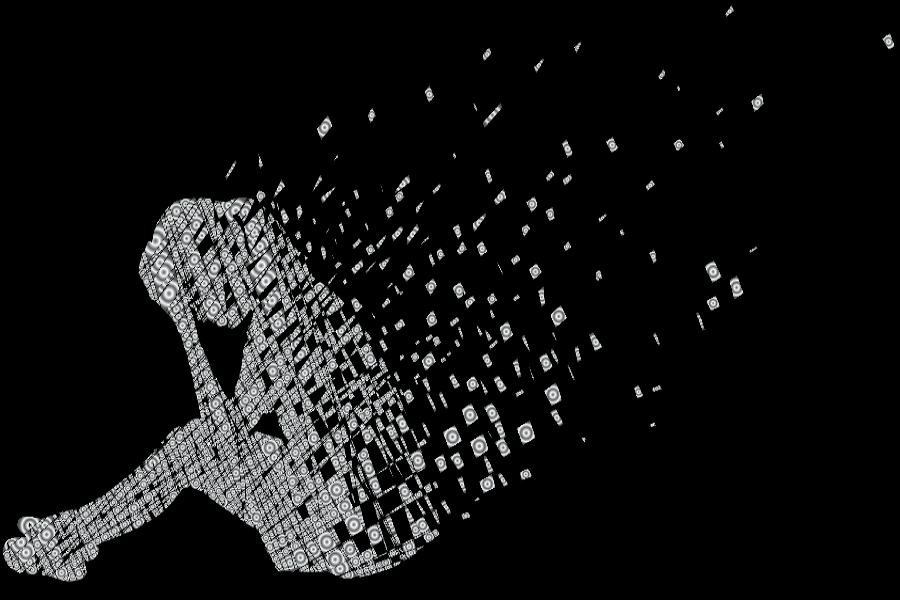The argument that cancer and road crashes kill many times more people than the number of death in the Coronavirus disease 2019 (Covid-19) can't persuade all to relax. In no other disease, data suggest,the rate of loss of lives is so high - not even near 5-8 per cent that the Covid-19 claims. And it's a global pandemic that has affected almost all nations.
However, what is making the masses more panicked is gossip,until they go to sleep, about the virus outbreak since the beginning in Wuhan, China, in December 2019.To many, gathering is risky or scary but staying at home is also depressing."Had I been able to spend the entire period of coronavirus lockdown the way Rip Van Winkle slept….,"reads a social media post, fantasising the fairytale in which a farmerturned into an old man sleeping 20 years at a stretch.
Most people are basically missing a machine-like lifestyle and in silence they have also been obsessed with uncertainty of the post-Coronavirus world.Mentally, they don't live in the present. Even those men and women who are living in dire necessity of foods amid the shutdown fear the unknown. Whether the existing fortunes would remain an advantage after the current crisis is the concern of the more fortunate ones.
Talks of tensions and availability of confusing information have eclipsed scarcely constructive discussions in the public domain. In our virtual surroundings, there is an exhibition of the two extremes -one group believes 'nothing will happen to us' and another group thinksas if the Covid-19 situation will never be over.
Thus, many people look oblivious that they are still alive and free from the virus, as symptoms indicate, and they are staying together with their family members! And this is anundeniable time of their life,which could have been utilized at least in making self-criticism for correction.
Even people's courage and possible endeavoursto fight the disease are lost in debates over, say, whether garment factories should remain open despite necessity of lockdown. The much-needed plans for overcoming the next economic challenges are derailed by encyclopedic list of demandsfrom various quarters, instead of focusing on how the stimulus money could be better utilised.
Nobody has yet disputed the statement that the world will not be the same after the coronavirus crisis but not many still try to foresee the changes that are going to take place before their eyes. The future that bearsthe legacy of the past and the future that will also contain surprises is still beyond our expectations.
The pandemic has threatened consumerist lifestyle and dominant cultures in a globalised setting and its economic fallouts have shattered giantinstitutions and corporations,small businesses and what not, except services that are possible to offer from distant places. Countries like Bangladesh are facing a double challenge -loss in foreign exchange earningsand weakness of domestic institutions in addressing the shocks.
It's time to look at both the prevailing harsh reality and how we can overcome the crisis, objectively analysing problems and prospects of individuals in society. For instance, the crisis has exposed the country's healthcare system,so why don't we pledge and strive to overhaul it for betterment?
There is no justification of being frustrated with life in quarantine. Ithas, flaws notwithstanding, rather provided a scope to define the right course of action. Complaining about anything can only be justified if you mean, advocate and pursue a solution. The tranquility in the days of coronavirus-induced lockdown has offered some people the feeling to do what they think they need to do for their salvation.


